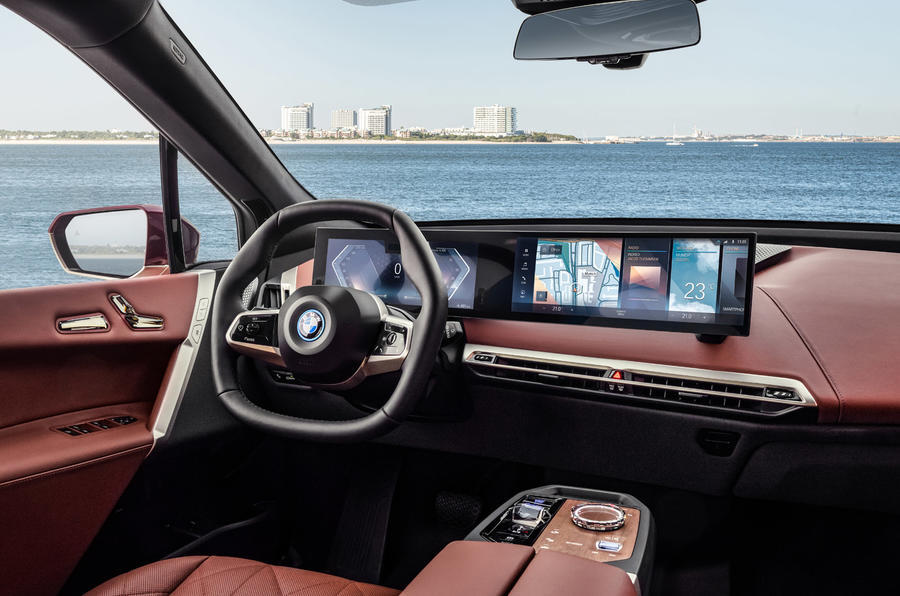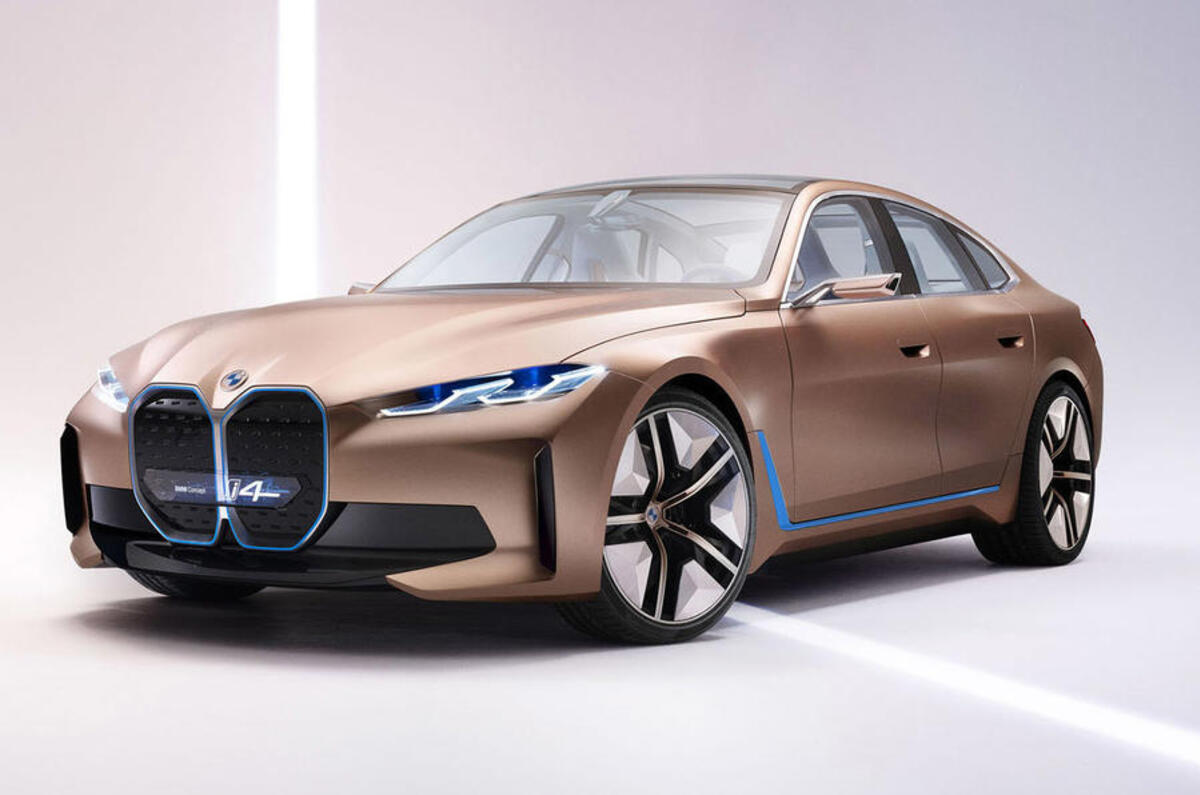The BMW Group will enter the 'third phase' of its transition to electrification from 2025, by which point it plans to have sold two million pure EVs to customers worldwide.
Termed 'Neue Klasse' (New Class) in reference to the hugely popular BMW saloons and coupés that were sold in the 1960s and 1970s, this new era will see the brand usher in a new generation of electric powertrains, adopt a "radically new" approach to sustainability and introduce a new software platform.
The first stage in BMW's transformation process began with the launch of its 'Project i' programme, under which it launched its first electrified models and explored new avenues in software and "digital interaction with the vehicle". The second phase introduced the 'Power of Choice' strategy whereby all BMW models are available wih a variety of powertrains ranging from combustion, to hybrid, to pure EV.
And now, in this third stage, BMW will develop and offer a "completely novel user experience never before seen in series production vehicles". It will be centred around a new approach to vehicle platforms that will usher in 'regionalisable technology stacks', which will allow each vehicle's operating system to be customised according to the region in which it will be sold.
BMW will also introduce a new 'digital first' approach which will offer individually configurable upgrades and new features throughout the vehicle's lifecycle for "an increasing proportion of revenues". The first step in this process will be the introduction, this year, of the firm's new eight-generation iDrive system in the iX SUV - which offers high-speed over-the-air updates.
By the end of this year, BMW says, it will have the world's largest fleet of "vehicles capable of installing new or upgrading existing functions over the air".

Neue Klasse models will be drastically different in their design to BMW's current cars, with "proportions that differ from the past", an emphasis on aerodynamic optimisaiton and more interior space than current BMW EVs.
The firm will also take a modular approach to powertrain differentiation, with variations of the same system used for its most accessible models right through to top-rung M performance cars - a branding that will be used throughout the transformation. The system will be based around a newly developed battery concept which uses an "optimised" cell design to offer significantly improved efficiency and reducing manufacturing costs.
BMW hints that it will preserve the "typical BMW driving experience" in its new EVs, but that it will be enhanced with the use of advanced driver assistance functions and autonomous capabilities.








Join the debate
Add your comment
I hate the migration to touch screens, they are so user unfriendly -when compared to more tactile knobs and switches where you can use muscle-memory to find the control and bio-feedback to measure the application of torque of switch action.
I really don't like glass dials either. The design of the dials is oart of the internals ambiance of a car, adding character to a dashboard. Something that a glass screen can never do.
None of BMW's new EVs are as convincing as the i3 because they refuse to commit properly to developing EVs instead of building combustion engined cars and then thinking it's OK to add an electric motor instead of the ICE. As a current BMW owner and past i3 owner there is nothing they've done or shown that at all interests me.
This article is just rewritten BMW fluff which they seem to be constantly releasing instead of doing something serious like actually releasing good EVs.
BMW has already done radical with the lightweight high tech i3. I just wish the company had stuck to this concept rather than trying to make EVs conventional with long bonnets, heavy weight and ever bigger wheels. Maybe profits come first and customers are not yet ready for sensible efficient designs that may look a bit different to established combustion cars.
But, aren't all car makers doing the same?, and, to an extent, I am glad there is still a long bonnet and a grill, they may not need to be, but, I believe a car has to have a face for want of a better description, and larger wheels look better and suspension technology is removing the brittle ride,plus, when the price to produce comes down, carbon fibre wheels will be used, they are 40% lighter than conventional alloys.